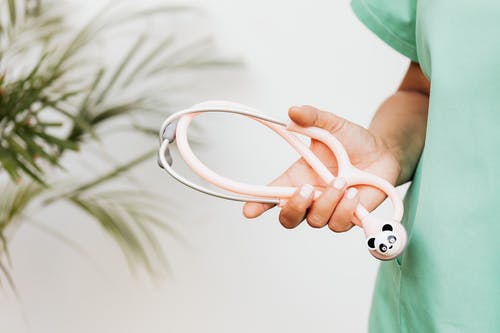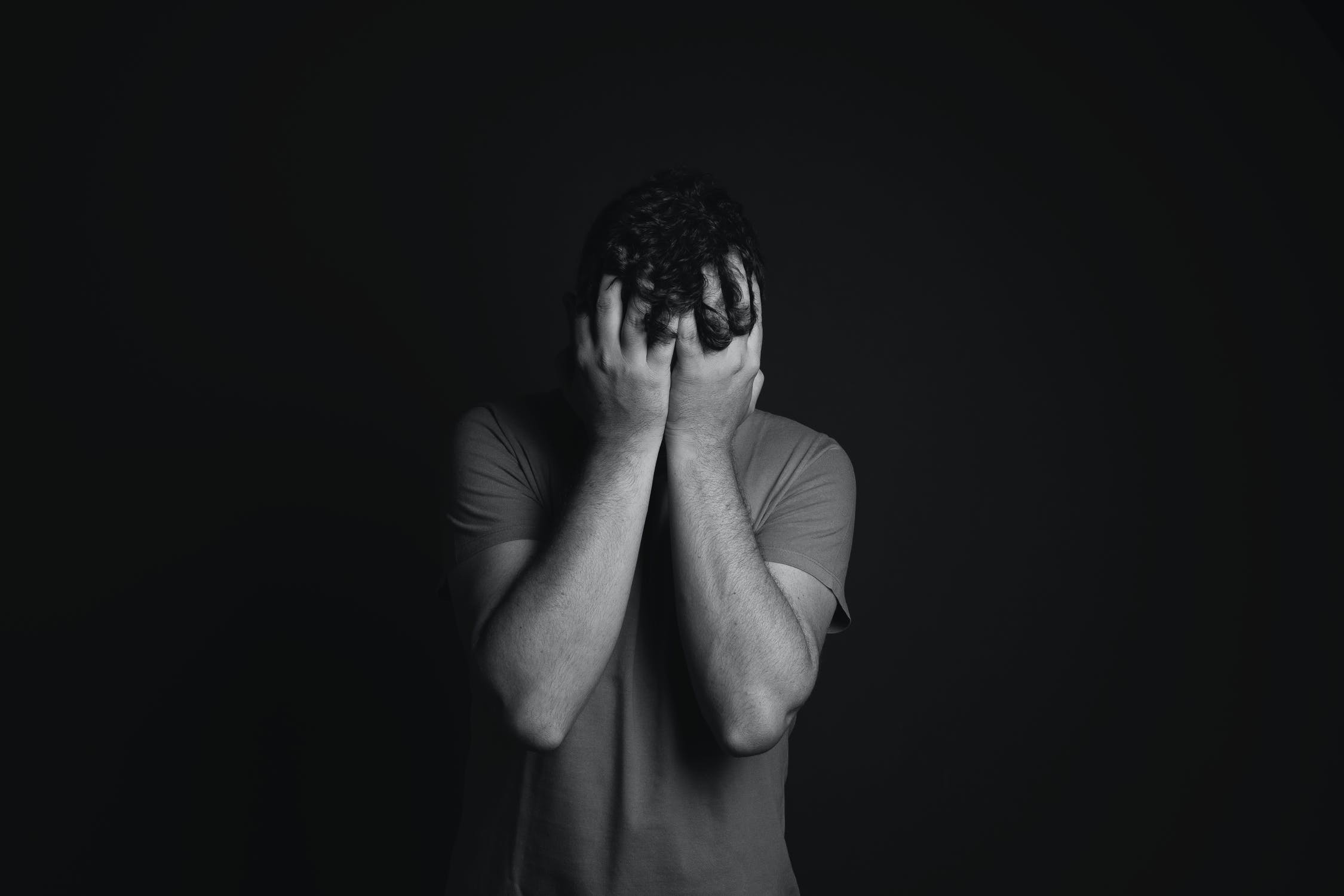
Vicodin, also known as a prescription opioid, is a well-known prescription medication used in treating serious and severe pain. If you are wondering is Vicodin addictive, it is important to note that its current drug class is Schedule II, or extremely addictive. Vicodin acts similarly to other painkillers such as Percocet and Norco, which are both considered highly physically and mentally addictive. Understanding the seriousness of addiction to Vicodin and how to go about seeking proper Vicodin addiction treatment is imperative to make a full and complete recovery.
Vicodin Prescription Statistics
Just last year alone, more than 18 million people in the US misused and abused a drug or substance a least once. With the opioid epidemic on the rise, it is imperative to know how to spot the signs of addiction to seek out the right Vicodin addiction treatment as quickly as possible.
Why It’s Difficult to Spot the Signs and Symptoms of Vicodin Addiction
When Vicodin is prescribed to a patient, it is typically done after major surgery and during the recovery process. However, some patients obtain and require Vicodin or other painkillers for chronic pain disorders and ailments. As a patient adjusts to taking Vicodin regularly, they are less likely to show signs of drowsiness or abuse, especially as their tolerance becomes greater. Some of the more common Vicodin abuse signs and symptoms include:

If you believe your loved one is struggling with an addiction to Vicodin but they are not exhibiting any of the traditional signs and symptoms that commonly manifest with opioid addiction, they may have a high-functioning dependency or addiction. Even if your loved one does not showcase extreme signs and symptoms of addiction or dependency, there may be other signs that are not so obvious, such as:
Spotting an addiction is not always easy, even if you believe you know a person deeply and intimately. In order to truly get to the bottom of a potential dependency or addiction, it is best to speak with your loved one directly without judgment or humiliation. When you want to provide the best care and support possible, doing so directly is sometimes the only way to begin the process.
How Does a Vicodin Addiction Progress?
Addictions to painkillers can occur quickly and in a sneaky and unsuspecting manner, which is why it is always important to remain vigilant when prescribed medications of any kind. In many cases, patients are quick to develop a dependency and addiction on painkillers such as Vicodin, due to the amount of dopamine and pain relief they receive with each dose.
With most painkillers and opioids, Vicodin can quickly build up within the individual’s system, causing their tolerance of the drug to increase. Over time, individuals who take Vicodin regularly will require more of the drug in order to achieve the desired painkilling result or “high” from the substance itself.
As individuals consume Vicodin regularly, they are more likely to experience adverse effects of addiction, such as irritability, mood swings, and even bouts of depression when they no longer have the substance available to them. As a dependency and addiction grow, individuals are less likely to tend to their day to day chores and responsibilities and are more likely to become preoccupied and consumed with the prospect of obtaining and consuming Vicodin itself.
Without intervention and proper treatment, those with serious addictions to Vicodin are much more likely to cause irreversible damage to the body and its organs. Seeking help and stopping the consumption of Vicodin as quickly as possible (under the guidance of medical professionals) is imperative for a full and healthy recovery.
How Can Treatment Help?
Seeking Vicodin addiction treatment is one of the best ways to face and overcome your addiction, regardless of its severity or how much havoc it has caused in your daily life. The right Southern California rehab center will help to provide you with highly individualized care that hones in on potential underlying trauma and triggers that have led to your addiction.
With a proper Southern California rehab center and program in place, learn how to live your life again without the use of Vicodin or any other substances, even if you find it impossible now. With inpatient care, on-call medical professionals, and access to addiction specialists and a variety of fo therapies, discover how to find joy free from the constraints of Vicodin or any other substance.

Working with the right rehabilitation program is a way to do so in an environment that is caring, welcoming, and professional at all times. Feel at home as you work through underlying issues and triggers that may have caused you to develop a dependency or addiction. Rediscover the joy that life has to offer without feeling constrained to substances such as Vicodin with the right rehabilitation program.
Understanding the seriousness of addiction to Vicodin and learning the answer to, “Is Vicodin addictive?” is essential to truly overcome any dependency or addiction on the substance. When you are well-informed of the risks of long-term addiction and you are ready to rid your dependency on Vicodin, come to Mission Harbor, a Southern California rehab center with locations in Santa Barbara and other local areas. We’re here for guidance and support on your journey to a life of sobriety.
The facilities at Mission Harbor are staffed with trained experts to best assist patients with their mental health issues. We are capable of dealing with any and all cases with a licensed staff, equipment, and approved techniques. Our mission is to help those who want to help themselves, and we support your decision in seeking help.
Get Help Now
Alcohol addiction is extremely difficult to overcome on your own.. Seek specialized help and let professionals guide you in your recovery.

